Not the cry, but the flight of a wild duck, says a Chinese author, leads the flock to fly and follow
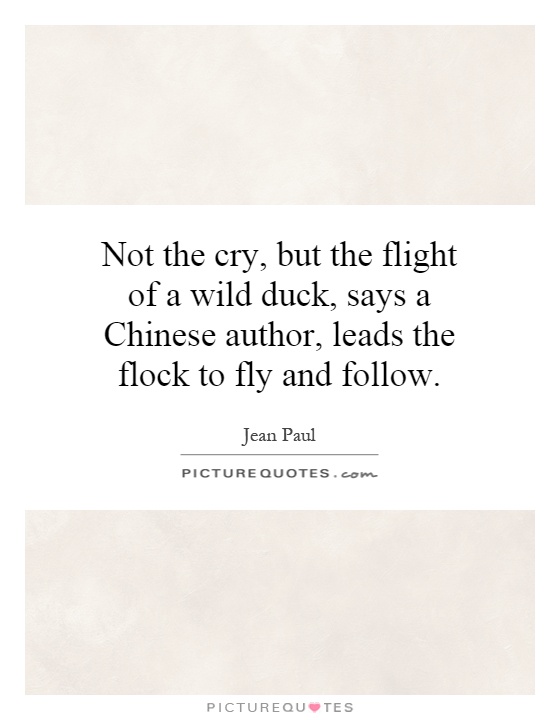
Not the cry, but the flight of a wild duck, says a Chinese author, leads the flock to fly and follow
Jean Paul, the German Romantic writer, was known for his deep and philosophical reflections on life, nature, and human emotions. His works often explored the complexities of human existence and the interconnectedness of all living beings. In the context of the quote "Not the cry, but the flight of a wild duck, says a Chinese author, leads the flock to fly and follow," Jean Paul would likely interpret this as a metaphor for the power of action over words.For Jean Paul, actions spoke louder than words. He believed that true leadership and influence came not from empty rhetoric or grand speeches, but from the example set by one's actions. In the case of the wild duck, it is not the cry that inspires the flock to follow, but the actual flight of the duck itself. This idea resonates with Jean Paul's belief in the importance of leading by example and embodying the values and principles one wishes to instill in others.
In Jean Paul's view, the flight of the wild duck represents the power of authenticity and integrity. By living in alignment with one's true nature and values, one can inspire others to do the same. Just as the flock follows the lead of the duck in flight, so too can individuals be inspired to follow the example set by those who embody courage, determination, and authenticity.
Furthermore, Jean Paul may also see in this quote a reflection of the interconnectedness of all living beings. Just as the flight of the wild duck influences the behavior of the flock, so too do our actions and choices have ripple effects that extend far beyond ourselves. By recognizing our interconnectedness with all living beings, we can better understand the impact of our actions and strive to live in harmony with the world around us.

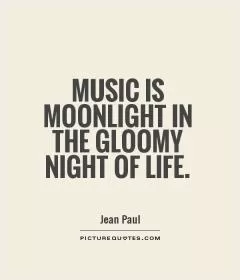
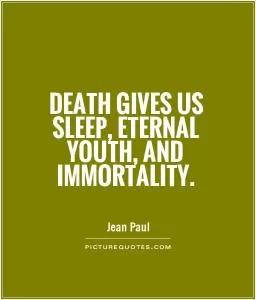
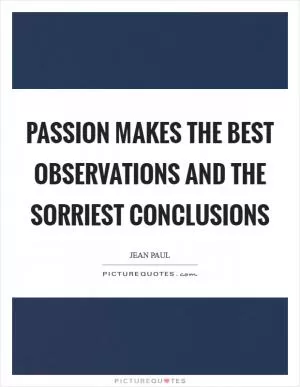
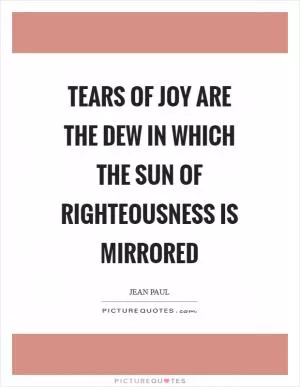


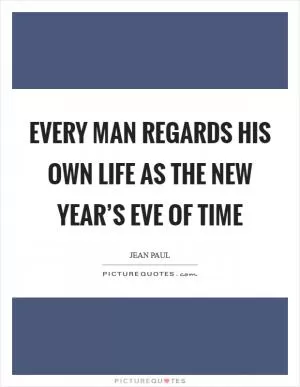
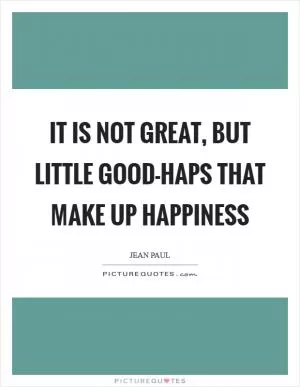

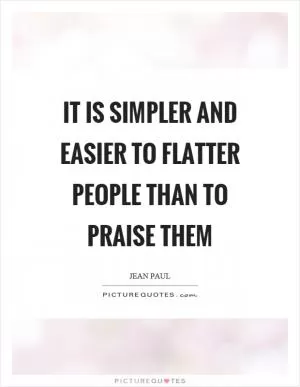
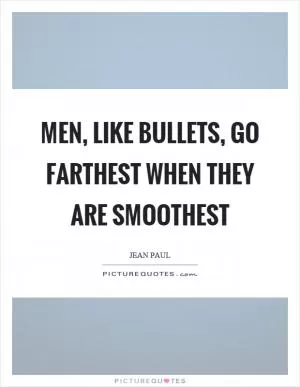
 Friendship Quotes
Friendship Quotes Love Quotes
Love Quotes Life Quotes
Life Quotes Funny Quotes
Funny Quotes Motivational Quotes
Motivational Quotes Inspirational Quotes
Inspirational Quotes